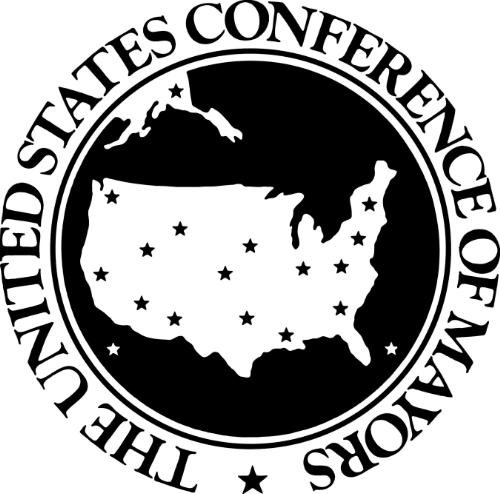By Tom Howell Jr.
The Washington Times Tuesday, July 30, 2013
Congress, which for years has needled the District of Columbia from atop Capitol Hill, watched from the sidelines this week as the city launched its medicinal pot program.
Its passivity to this point is significant, since the federal government still considers the production and use of marijuana illegal and Congress is vested with legislative oversight of the nation’s capital.
“It’s highly symbolic that medical marijuana is being sold to patients at the doorstep of the same federal legislature that has refused to change a very outdated policy,” said Kris Hermes, spokesman for Americans for Safe Access, an organization that promotes patients’ legal access to cannabis.
Despite efforts to implement D.C. home rule in the 1970s through a city mayor and council, Congress at times has banned left-leaning initiatives that Republican lawmakers object to, such as public funding for abortions. Some of the prohibitions, such as one that thwarted the city’s needle exchange program to fight HIV infections, were lifted in later years.
City health officials said the District’s nascent program hasn’t raised the ire of federal lawmakers or Attorney General Eric H. Holder Jr.’s Justice Department so far, although only nine D.C. patients have registered to obtain the drug and two dispensaries, Capital City Care and Takoma Wellness Center, have been cleared by city inspectors to sell it.
 Rep. Darrell E. Issa, the California Republican with oversight of the District, has not raised any public objections to the program to date. A spokesman for the congressman could not be reached Tuesday.
Rep. Darrell E. Issa, the California Republican with oversight of the District, has not raised any public objections to the program to date. A spokesman for the congressman could not be reached Tuesday.And Justice Department spokeswoman Allison Price said the department has advised U.S. attorneys that prosecution of significant drug traffickers, including marijuana, remains a core priority, but that focusing enforcement efforts on those with cancer and other serious illnesses who use marijuana as part of a recommended treatment regimen likely is not an efficient use of federal resources.
She noted that the department is continuing to review ballot initiatives in Colorado and Washington, both of which have legalized the possession of small amounts of marijuana for recreational use.
But the legalization of marijuana in various forms remains a lightning rod from coast to coast, as states introduce a patchwork of medical-cannabis programs and grapple with the Obama administration’s unpredictable enforcement of federal laws that prohibit the drug’s cultivation and use in all cases.
D.C. voters supported a medical marijuana program in 1998, only to see it held up by a congressional rider known as the Barr Amendment until 2009.
After four more years of rule-making, a 51-year-old D.C. resident who is HIV positive kicked off the city’s program Monday by purchasing a half-ounce of three strains of marijuana from Capital City Care on North Capitol Street, according to The Washington Post.
Nineteen states have medicinal marijuana programs, yet only Colorado and Washington adopted recreational use laws.
Both states legalized the use of marijuana by adults through ballot initiatives in November, yet Colorado Attorney General John W. Suthers still doesn’t know how the federal government will treat the state’s efforts to legalize and regulate the drug’s market.
“We are still waiting for the imminent guidance promised in February,” spokeswoman Carolyn A. Tyler said Tuesday, referring to a prior pledge by Mr. Holder at the National Association of Attorneys General in the District.
The U.S. government’s approach to marijuana laws, or enforcing the federal ban, has wavered in recent years.
A 2009 memo, issued by U.S. Deputy Attorney General David W. Ogden, reminded federal prosecutors that “no state can authorize violations of federal law” while also advising U.S. attorneys not to target individuals acting in compliance “with existing state laws providing for the medical use of marijuana.”
Federal prosecutors basically looked the other way in states that legalized medical marijuana, but a letter sent from the Justice Department to U.S. attorneys across the country in mid-2011 signaled that law enforcement — despite what the Ogden memo said — would not acquiesce to those who cultivate or sell marijuana.
All the while, the District was taking pains to roll out its medical marijuana program in a tightly regulated fashion. Its been more than two years since the city began to collect notices of intent from entrepreneurs looking to enter the D.C. pot business.
But before they could, applicants had to a sign waiver. The document released the city from liability if the federal government prosecutes the program’s participants.
Congress takes passive stance as D.C. fires up medicinal pot program







